Introduction
Getting a personal loan when you’re self-employed comes with extra hurdles and most people aren’t prepared for them.
Traditional lenders are built for salaried employees, not entrepreneurs with income that changes month to month.
But self-employed doesn’t mean risky. It means you have to prove your financial strength differently.
In this guide, you’ll learn exactly how to position yourself, what documents to prepare, which mistakes to avoid, and how to fast-track your approval without the usual obstacles.
The loan you need is within reach you just need to approach it the right way.
Key Takeaways
- Self-employed borrowers face stricter checks but approval is absolutely possible with the right preparation.
- Tax returns, bank statements, and clean financial records are your golden tickets to faster approval.
- Your credit score, debt levels, and choice of lender matter more than you think.
- Mistakes like mixing personal and business finances can silently kill your application.
- With the right strategy, you can speed past delays and secure the loan you need on your terms.
Disclaimer: This site contains affiliate links. If you make a purchase, we may earn a commission at no extra cost to you.

What Makes It Harder to Get a Personal Loan When You’re Self-Employed
Self-employment can make lenders uneasy even if your income is strong. They aren’t judging your work ethic. They’re judging your predictability.
Here’s why it gets tougher:
- Irregular Income: Banks prefer steady, predictable paychecks.
- No Employer Verification: Without a traditional boss, you must prove your reliability yourself.
- Lower Reported Income: Business deductions lower your taxable income and lenders focus on those numbers.
- Mixed Personal and Business Finances: Blurred lines between accounts signal financial instability.
Even strong, successful entrepreneurs can appear “risky” to traditional lenders.
The key? Anticipate their fears and crush them with airtight documentation and smart preparation.

📊 Pros & Cons of Personal Loans for the Self-Employed
| Pros | Cons |
|---|---|
| Flexible use — funds can cover personal or business needs | Stricter approval process compared to salaried workers |
| Can help consolidate debt at lower rates | Requires extensive documentation (tax returns, P&L, bank statements) |
| Builds credit history if repaid on time | Interest rates may be higher for self-employed applicants |
| Many lenders (credit unions, fintechs) accept non-traditional income proof | Missed payments hurt credit and future borrowing power |
| Possible to prequalify without a hard credit check | Some lenders reject applicants with short self-employment history |
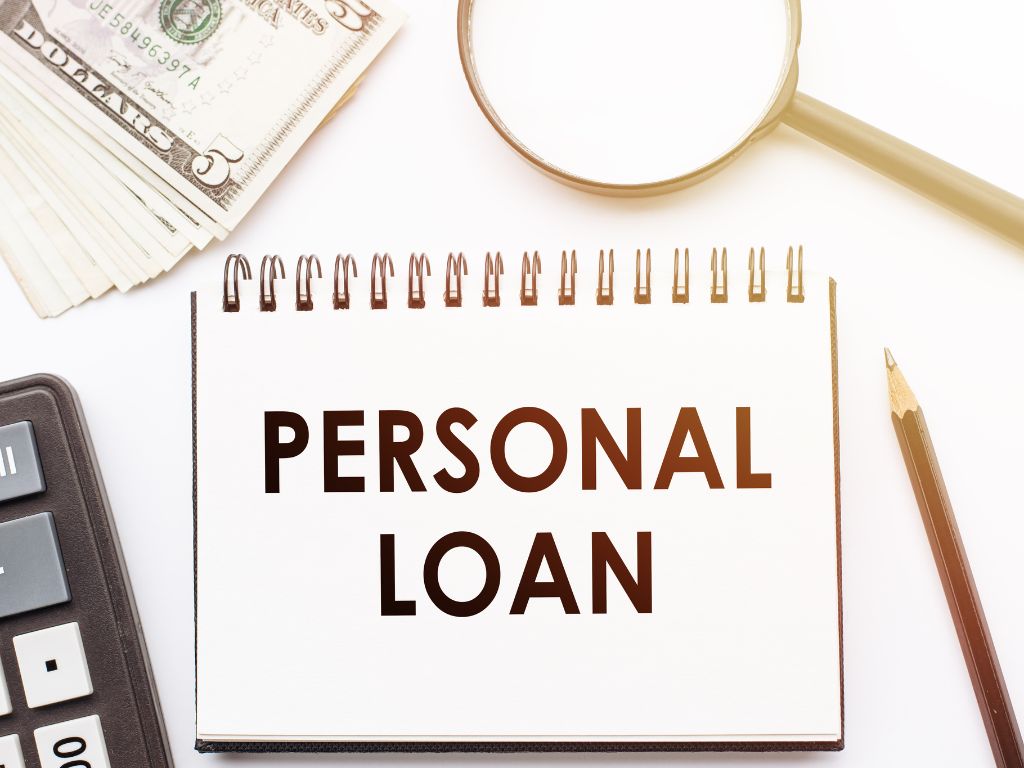
What Documents You’ll Need for a Self-Employed Personal Loan
When you're self-employed, paperwork isn't just paperwork, it's your lifeline to approval.
Lenders can’t "trust" your word. They need proof. And the faster you give them what they need, the faster they say yes.
Here’s what you must have ready:
- Personal and Business Tax Returns (Last 2 Years): These show your real income over time, not just a single good month.
- Recent Bank Statements (3–6 Months): Lenders want to see consistent cash flow both incoming and outgoing.
- Profit and Loss Statement: Even a basic one helps prove your business is stable and profitable.
- Business License or Registration (if applicable): Official documents show your work is legitimate.
- Debt and Asset Summary: Listing what you owe and what you own gives lenders the full financial picture.
The cleaner and more complete your documents are, the faster you move to "approved."
Missing paperwork? That's the fastest way to get delayed, denied, or stuck in endless "pending" status.

📑 Required Documents Checklist At a Glance
| Document | Why It Matters |
|---|---|
| Personal & Business Tax Returns (last 2 years) | Proves consistent income and shows lenders your full earnings picture |
| Recent Bank Statements (3–6 months) | Demonstrates regular cash flow and financial stability |
| Profit & Loss Statement | Highlights business performance and ability to repay |
| Business License or Registration (if applicable) | Confirms legitimacy of your self-employment |
| Debt & Asset Summary | Gives lenders a clear view of your overall financial health |
| Proof of Identity (driver’s license, passport, etc.) | Verifies borrower identity and prevents fraud |
| Proof of Address (utility bill, lease, mortgage statement) | Confirms residence and ties you to a stable location |
| Proof of Insurance (sometimes required) | Provides added security, especially for larger loans |
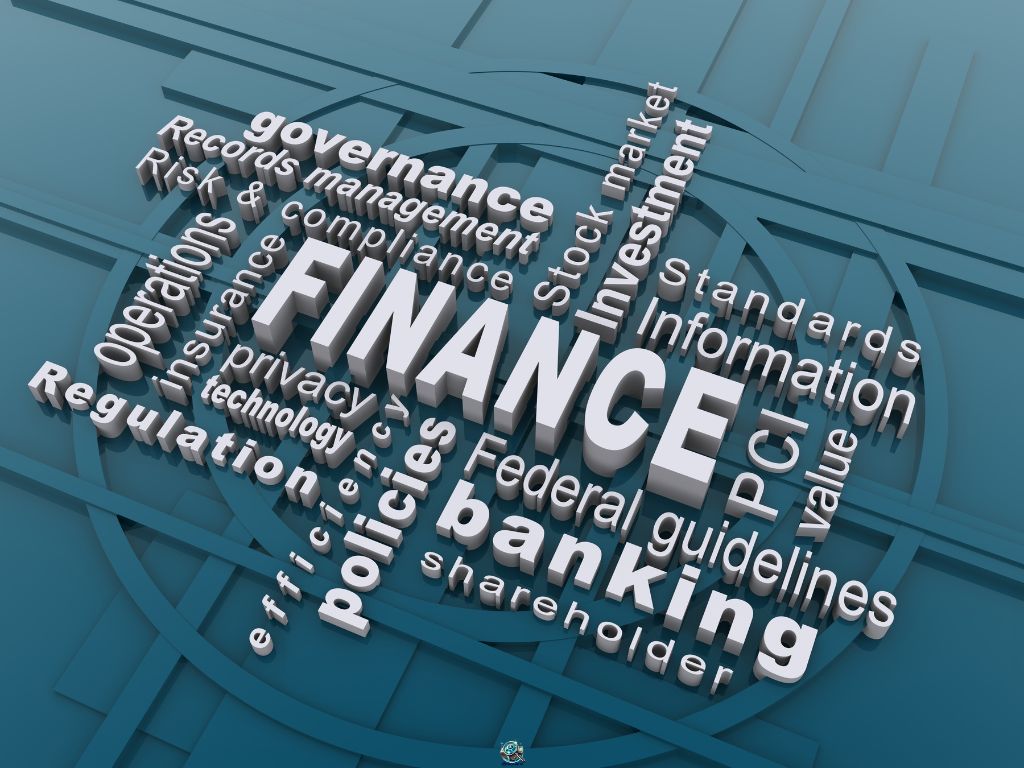
How to Boost Your Chances of Approval
Lenders aren’t just looking at your income. They’re scanning your entire financial life, hunting for signs you’re a "safe bet."
Want to tilt the odds hard in your favor? Here’s how to take control:
- Polish Your Credit Score: Before applying, pay down existing debts, fix errors, and aim for a score above 700 if possible. Strong credit instantly makes you look safer.
- Show Multiple Income Streams: If you freelance, consult, or have side businesses, document everything. More income sources = more stability in their eyes.
- Separate Business and Personal Finances: If your accounts are tangled, untangle them now. Clean separation makes you look disciplined and serious.
- Lower Your Debt-to-Income Ratio: The less monthly debt you carry compared to your income, the better. It proves you aren’t overextended.
- Prepare a Simple "Loan Story": Be ready to explain why you need the loan, how you’ll repay it, and why you’re a safe bet. Confidence matters more than you think.
When you show lenders you’ve already thought like them and eliminated their doubts approvals happen fast.
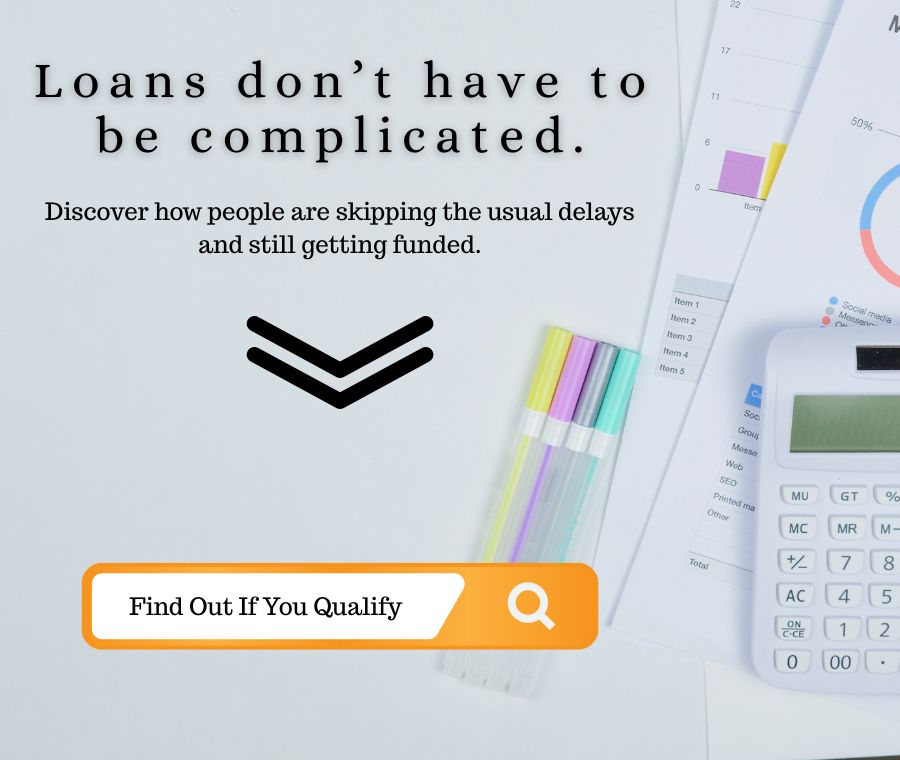
Best Lenders Offering Personal Loans for Self-Employed Applicants
Not all lenders are built for self-employed borrowers. Some demand endless paperwork. Others specialize in saying "no" to anything they don’t instantly understand.
But a few lenders? They get it. They’re flexible, fast, and willing to work with entrepreneurs and freelancers who don’t fit the cookie-cutter mold.
Here are a few worth checking out:
- SoFi: Great for high-credit borrowers. They offer personal loans with no fees and flexible income verification.
- LendingClub: Ideal if you have fair to good credit. They’re experienced with non-traditional income structures.
- LightStream: Fast approvals, competitive rates, and less red tape perfect if your finances are solid but unconventional.
- Upgrade: More forgiving on credit scores, and they accept a wider range of income documentation.
- Local Credit Unions: Don’t overlook them. Credit unions often have more flexible underwriting standards than big national banks.
Pro Tip: Always apply to multiple lenders at once (using prequalification, not hard inquiries) to find the best rates without damaging your credit score.
💡 Quick Comparison of Best Lenders for Self-Employed Borrowers
| Lender | Best For | Loan Amount Range | Key Features |
|---|---|---|---|
| SoFi | High-credit borrowers | $5,000 – $100,000 | No fees, flexible income verification, fast approval |
| LendingClub | Fair to good credit | $1,000 – $40,000 | Peer-to-peer style lending, experienced with non-traditional income |
| LightStream | Strong finances, fast funding | $5,000 – $100,000 | Competitive rates, same-day funding available, less paperwork |
| Upgrade | Lower credit scores | $1,000 – $50,000 | Wide range of accepted income documentation, flexible terms |
| Local Credit Unions | Flexible underwriting | Varies by branch | Community-based, often lower rates, more personal approach |
Based on 2025 Consumer Financial Protection Bureau data and verified lender disclosures, typical personal loan APRs range from 10%–35.99%, with self-employed borrowers generally qualifying near the upper half of that range depending on documentation and credit history.
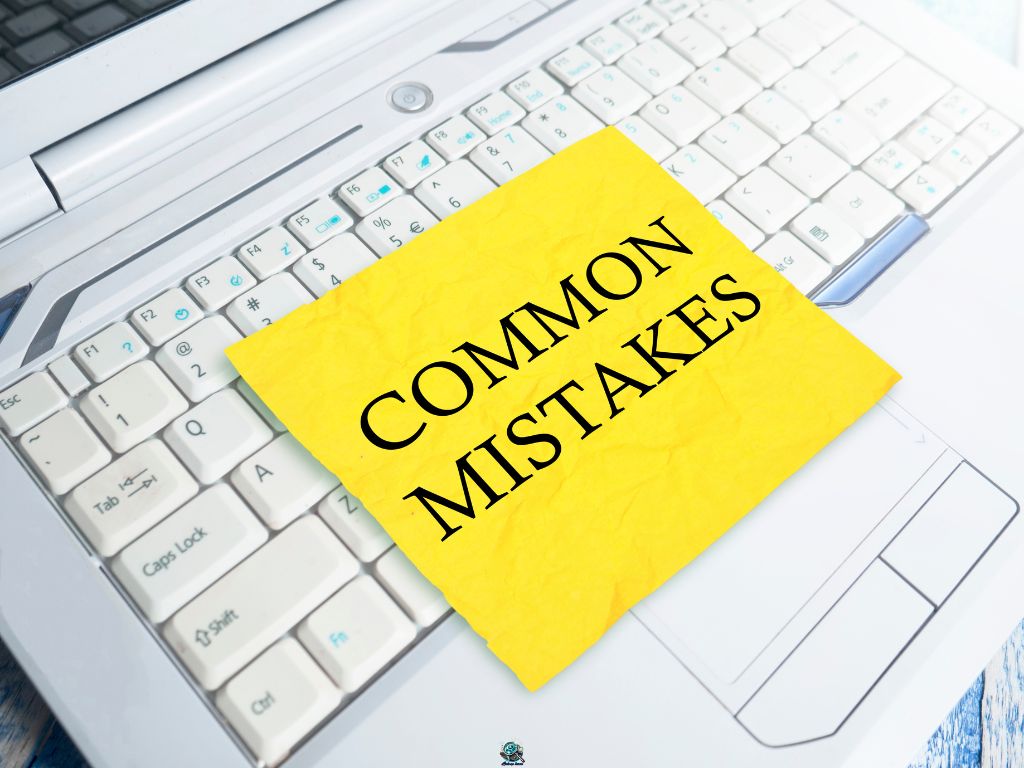
Common Mistakes Self-Employed Borrowers Make (and How to Avoid Them)
Most loan rejections don't happen because someone isn't "good enough."
They happen because of small, silent mistakes that kill trust before the lender even finishes reading the application.
Here’s what trips people up and how you can stay far ahead:
- Mixing Personal and Business Finances: If your bank statements look like a tangled mess, lenders assume your business and your finances are just as chaotic. Keep them separate and clean.
- Reporting Too Little Income: Sure, writing off everything on your taxes feels good at tax time. But a low reported income makes you look "too broke" to qualify for a loan.
- Applying Blindly: Different lenders have different rules. If you apply to a bank that hates non-traditional income, you’re wasting your time (and dinging your credit).
- Skipping Prequalification: Always check if you prequalify, it gives you a clear sense of your odds without hurting your credit score.
- Failing to Tell a Strong Story: Lenders aren’t mind readers. If you don't clearly show why you're stable, successful, and serious, they fill in the blanks and not in your favor.
Avoid these traps, and you'll put yourself in the top tier of self-employed borrowers , the ones lenders actually want to approve.

Alternative Funding Options for Self-Employed Borrowers
Sometimes the best way to get funded isn’t through a standard personal loan. If you’re self-employed, lenders might see your income as unpredictable even if your business is thriving. That doesn’t mean the door is closed.
There are several alternative financing options built specifically for freelancers, small business owners, and independent contractors. These can often get you cash faster or with less documentation than a traditional personal loan.
1. Business Line of Credit
A business line of credit gives you flexible access to funds that you can draw from as needed similar to a credit card but with much lower interest.
You only pay interest on what you actually use, making it ideal for managing uneven income months or short-term cash gaps.
Best for: Self-employed borrowers with consistent business revenue.
Typical range: $5,000 – $100,000
Pro tip: Look for online lenders like BlueVine or Fundbox that cater to small and solo businesses.
2. Invoice Financing (a.k.a. Accounts Receivable Loans)
If your clients take 30–60 days to pay, invoice financing lets you borrow against those unpaid invoices turning your future income into instant working capital.
It’s fast, collateral-free, and often based on client reliability rather than personal credit.
Best for: Freelancers or service-based businesses with predictable client billing.
Key advantage: Approval depends on invoice history, not credit score.
Typical funding time: 1–2 business days.
3. Peer-to-Peer (P2P) Lending Platforms
Peer-to-peer lenders connect borrowers directly with individual investors rather than banks. These platforms tend to be more flexible with documentation and may look beyond traditional credit scoring.
Best for: Borrowers with solid cash flow but limited W-2 income.
Examples: Prosper, Upstart, Funding Circle (for small business owners).
APR range: 8% – 35.99%, depending on credit and business stability.
4. Secured Personal or Business Loans
If your credit score is on the lower side, offering collateral like savings, certificates of deposit (CDs), or even equipment can dramatically increase your approval odds and reduce your APR.
Best for: Borrowers with valuable assets but inconsistent income.
Collateral options: Savings, vehicle, equipment, or other owned assets.
Why it helps: Collateral lowers lender risk, which can improve your rate and terms.
5. Credit Union or Community Lending Programs
Credit unions and local community banks are often far more flexible than national lenders. Many have programs designed for self-employed members, gig workers, and small business owners.
Best for: Applicants with local banking relationships or shared membership.
APR cap: Typically under 28% (regulated under federal credit union standards).
Bonus: Some credit unions offer Payday Alternative Loans (PALs) with simple income verification instead of full tax returns.
6. Merchant Cash Advance (MCA) (Use with Caution)
Merchant cash advances give you a lump sum now in exchange for a percentage of your future sales or card transactions.
They’re incredibly fast but often come with high fees or factor rates that translate to very high APRs.
Best for: Businesses with strong daily revenue that need immediate capital.
Use only if: You understand the true cost MCAs can exceed 50–100% APR once converted.
Bottom Line: Alternative funding isn’t second-tier, it's strategic. If a personal loan isn’t the right fit, these options can bridge the gap between inconsistent income and urgent financial needs.
Start with lenders that understand the self-employed economy, those who look at cash flow, not just credit scores. And remember: the best financing option is the one that strengthens your business without weakening your stability.
According to 2025 Consumer Financial Protection Bureau and Federal Reserve data, nontraditional financing products like business lines of credit and invoice financing grew by 27% year-over-year, driven largely by self-employed borrowers seeking faster, more flexible funding.

Conclusion
Getting a personal loan when you're self-employed isn't about luck. It’s about understanding the system and playing it smarter than everyone else.
Strong documents, smart lender choices, a clean financial story these aren’t "extras." They’re your strategy for turning a slow, painful "maybe" into a fast, confident "yes."
Remember: lenders don’t hate self-employed borrowers. They hate uncertainty. And with the right preparation, you’ll walk into any application ready to destroy doubt before it even forms.
Self-employed doesn’t mean second-class. It means you're built different and when you prove it right, the money follows.
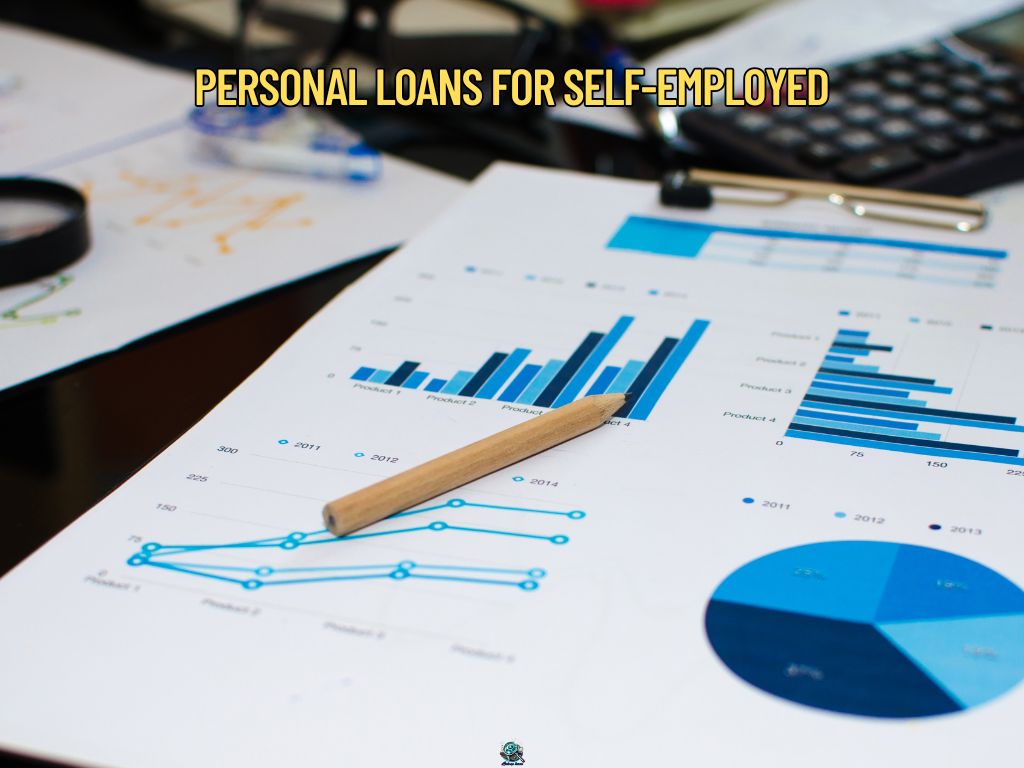
FAQs About Self-Employed Personal Loans
Can I get a personal loan if I'm newly self-employed?
Yes, but it’s tougher. Most lenders prefer at least two years of stable income. If you’re newer, you’ll need strong credit, solid savings, and maybe a co-signer to boost your chances.
Do I need to show tax returns for a personal loan?
Usually, yes. Lenders want to see your last two years of tax returns to verify consistent income. Some lenders may accept bank statements or alternative proof but it’s less common.
How much can I borrow if I’m self-employed?
It depends on your income, credit score, and debt load. Many self-employed borrowers qualify for personal loans between $5,000 and $50,000 but having organized financials can help you reach the higher end.
Will applying for multiple loans hurt my credit score?
If you prequalify (soft credit pull), it won’t hurt your score. But formal applications (hard inquiries) will cause a small, temporary drop, so shop smart and group your applications within a short time frame if needed.
What's the biggest mistake self-employed borrowers make?
Mixing business and personal finances. It creates confusion, raises red flags, and often leads to instant rejections. Keep everything separate, clean, and easy to explain.
0 Comments